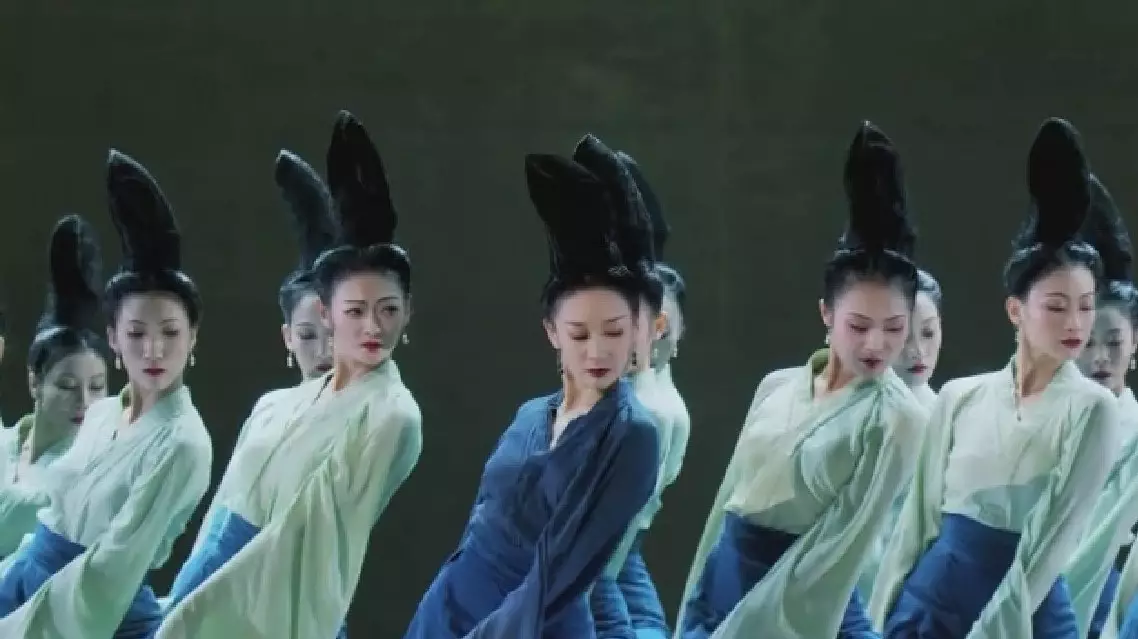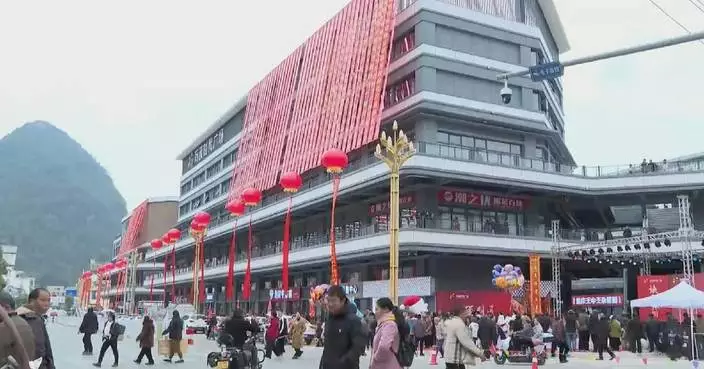China Global Television Network (CGTN) commentator Robert Lawrence Kuhn has shared his insights on China's improvement in its rule of law, adapting to the changing needs of its society and development, under the leadership of President Xi Jinping.
In the latest episode of "The Watcher," Kuhn, also an international corporate strategist and investment banker, elaborated on the critical importance and growing potency of the rule of law.
The following is the text of Kuhn's commentary:
As the Party puts it, if the rule of law prospers, the country will prosper; if the rule of law declines, the country will be in chaos. President Xi Jinping stated, "No country that has successfully achieved modernization has not solved the problems of the rule of law and the rule of man" - which is why Xi's commitment to "comprehensively govern the nation according to law" was memorialized early in his leadership in the "Four Comprehensives," Xi's initial strategic guiding principle for governing China.
Xi Jinping Thought on the Rule of Law is now called "a major landmark achievement in the construction of the rule of law in the new era." That's because, although systems of laws have existed throughout China's long history of ruling systems, they were always subject to intervention by ruling elites. This enabled local officials to influence judicial decisions for their personal gain or nefarious purposes. Initiatives in the past have sought to strengthen China's laws, but this time, under President Xi, seems different. Witness the corrupted, disgraced officials being named, shamed, detained and jailed. More systematically, judicial reform has set the supremacy of the law over administrative organs. To me, one of the underappreciated reforms in advancing the rule of law was transferring the administration of the local court system from the local Party up to the provincial level, thereby preventing city and county officials from interfering in legal proceedings.
Today, the courts are promoting judicial model innovation in civil and administrative cases. By the end of 2022, internet courts had accepted 429,000 Internet cases, exploring and piloting "online trial of online cases," a one-stop, multi-dispute resolution and litigation service system. China's Judgment Documents Network is the world's largest public website for judgment documents. It is updated in real time, putting judicial cases under public spotlight, enhancing the quality and efficiency of legal supervision. In 2022, an average of 54,000 disputes were mediated online every working day and 75 disputes were resolved prior to litigation every minute.
Challenges remain. Chinese experts call for making the rule of law system more complete and more systematic, developing law for emerging fields, strengthening legal supervision, cracking down on corruption, strengthening legal protection, and improving judicial training.
There is also a puzzle. Strengthening the rule of law is said not to weaken the rule of the Party. How can this be? In the past, many local officials simply ignored the law, as if not being subject to law was a privilege of their positions. Some took bribes to subvert law enforcement and judicial processes for personal gain. Some were just ignorant. However, President Xi has now made it clear that all Party officials must abide by the law. Moreover, there are no statute of limitations for corrupt judges; even after retirement, they can be prosecuted. The relationship between the Party and the law is called a fundamental issue. If it is handled well, the rule of law, the Party and the country will all prosper; if it is not, the rule of law, the Party and the country will decline.
Foreign perceptions assume that Party-led Chinese socialism supersedes the rule of law. But Xi Jinping Thought asserts that enforcing the rule of law is what upholds and develops socialism with Chinese characteristics.

China remains committed to improving its rule of law to promote development: CGTN commentator









